Alcohol can have both short-term and long-term negative effects on your eyes. Alcohol can cause mild symptoms, like making the blood vessels in your eyes to dilate, causing redness. Even small amounts of alcohol can cause dry eyes, which leads to pain. More seriously, alcohol can lead to permanent damage to the optic nerve, which may result in permanent alcohol-related blindness.
Category:
Alcoholic Eyes



























